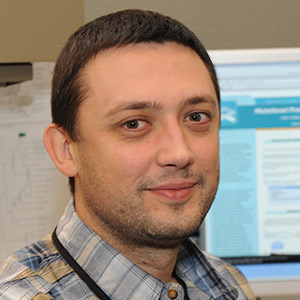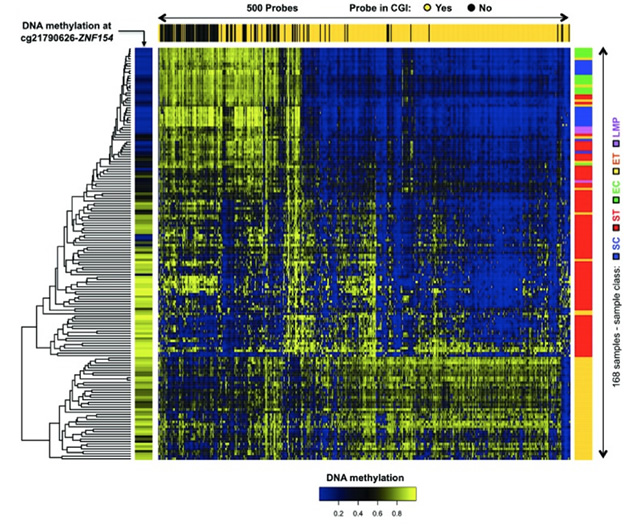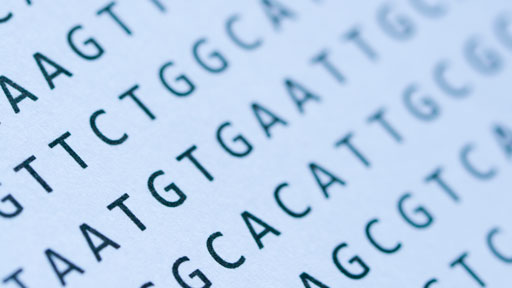
Laura Elnitski, Ph.D.
Senior Investigator
Genomic Functional Analysis Section
Head
Genomic Functional Analysis Section
Education
B.S. Pennsylvania State University
Ph.D. Pennsylvania State University
Genomic Functional Analysis Section Staff

Valer Gotea, Ph.D.
- Staff Scientist
- Genomic Functional Analysis Section

Sara Bang-Christensen, Ph.D.
- Postdoctoral Fellow
- Genomic Functional Analysis Section

Kevin E. Fedkenheuer, Ph.D.
- Research Fellow
- Genomic Functional Analysis Section

Katie Farney
- Predoctoral IRTA Fellow
- Genomic Functional Analysis Section

Sushil K. Jaiswal, Ph.D.
- Postdoctoral Research Fellow
- Genomic Functional Analysis Section

Hua Tan, Ph.D.
- Bioinformatics Scientist
- Genomic Functional Analysis Section

Hania Petrykowska
- Special Volunteer
- Genomic Functional Analysis Section
Related Projects
Last updated: February 19, 2025


